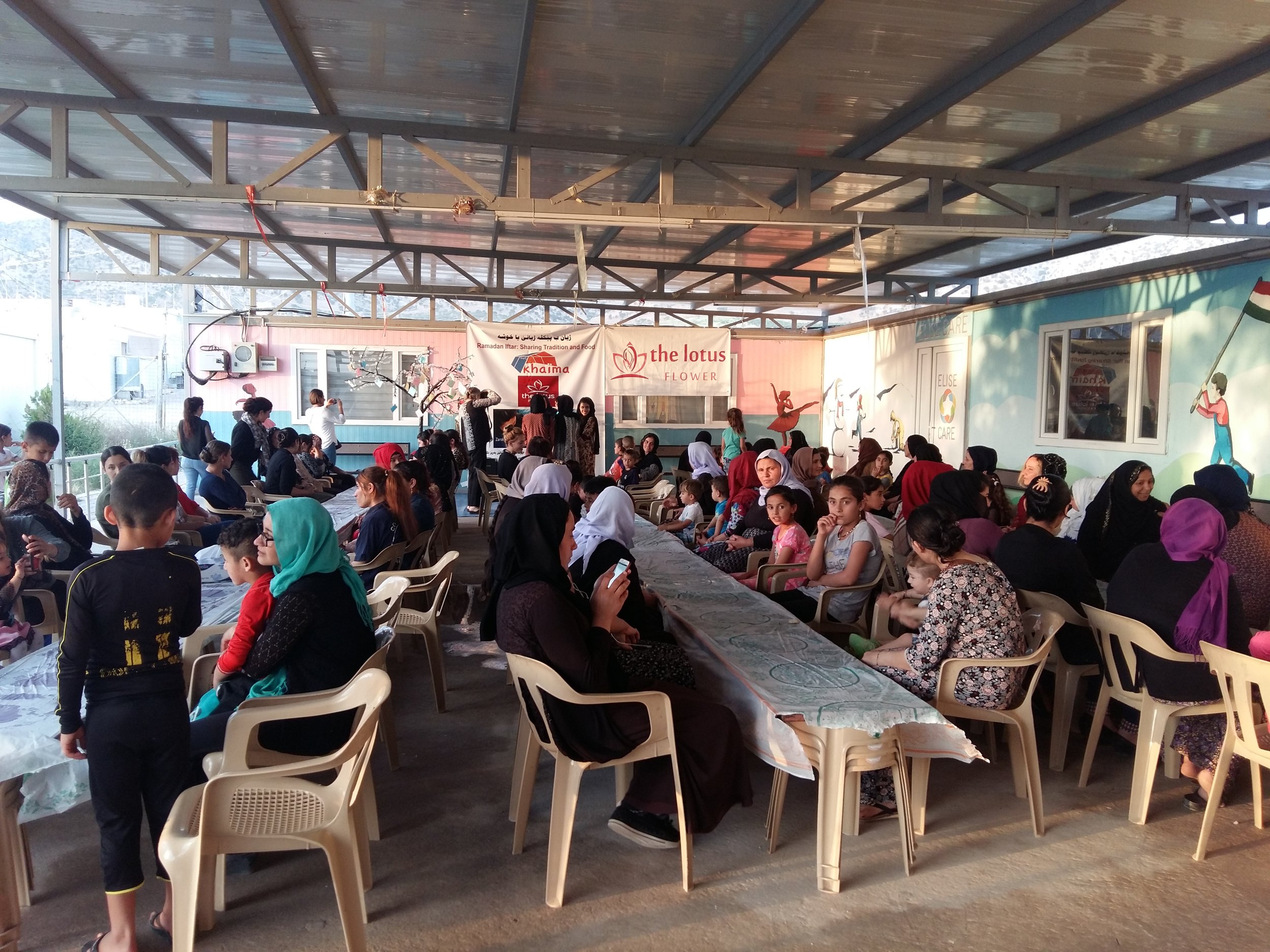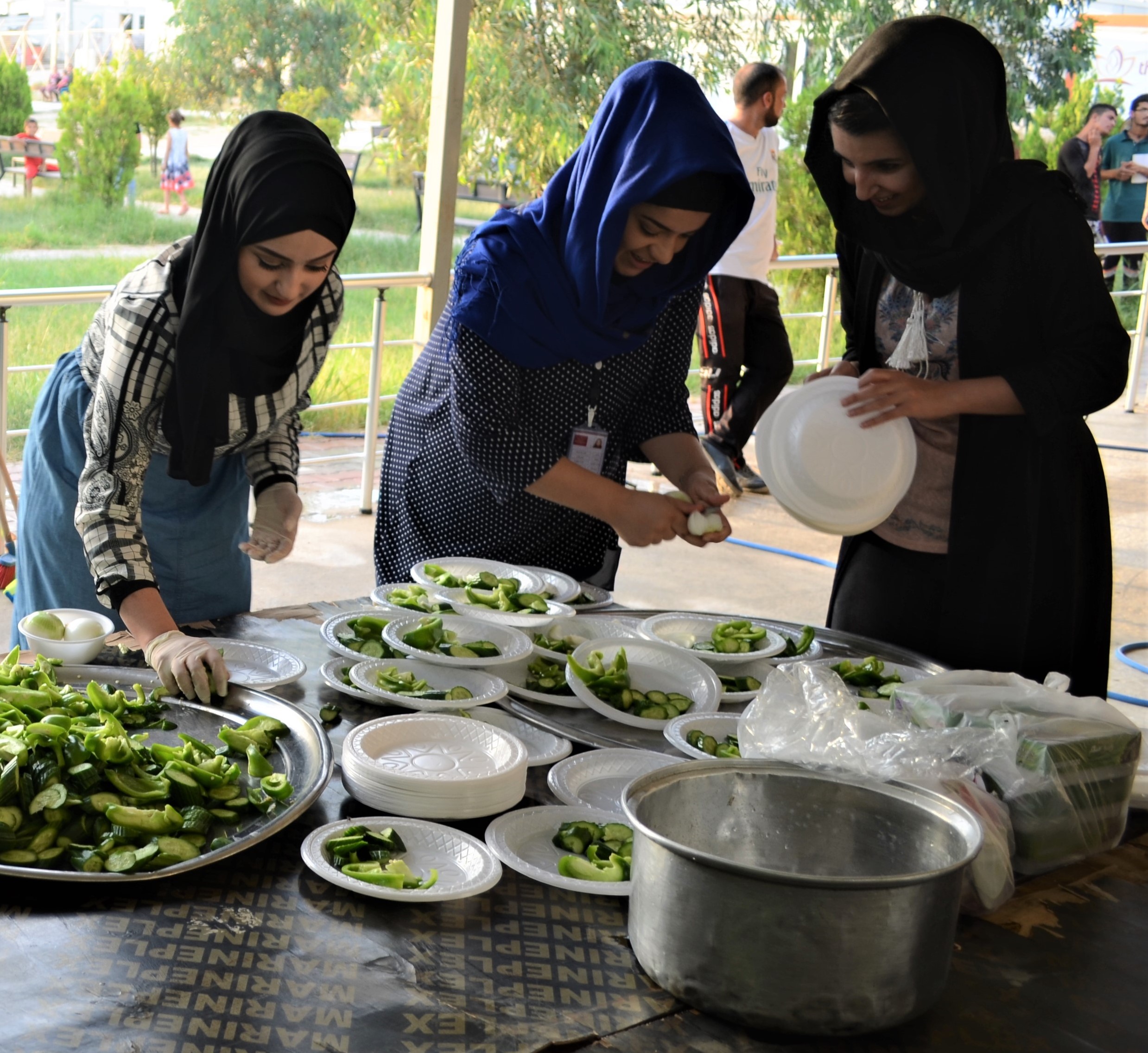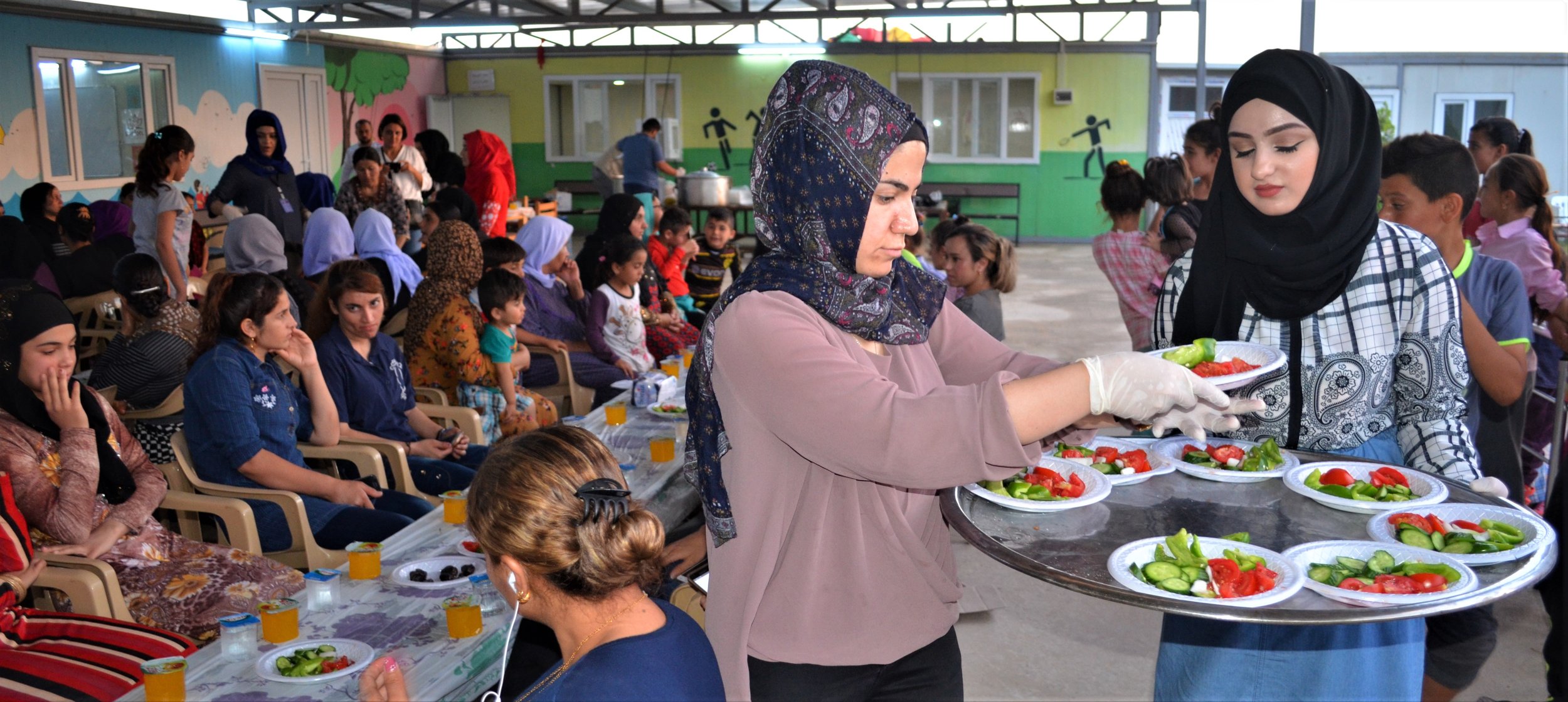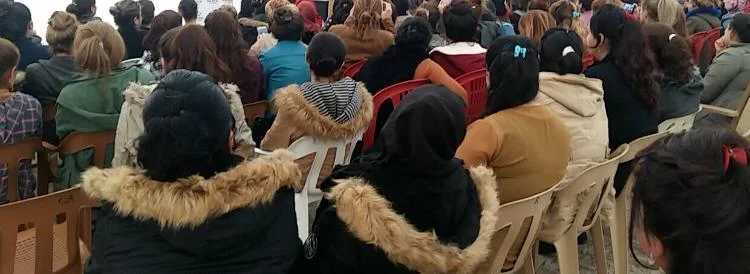
PEACEBUILDING & HUMAN RIGHTS
We actively promote peacebuilding projects to restore and rebuild harmony between women and their communities.

PEACEBUILDING & HUMAN RIGHTS
We actively promote peacebuilding projects to restore and rebuild harmony between women and their communities.

PEACEBUILDING & HUMAN RIGHTS
We actively promote peacebuilding projects to restore and rebuild harmony between women and their communities.



Peacebuilding & Human Rights
We provide peacebuilding projects to help restore harmony and rebuild broken trust between communities that have been fractured by years of conflict. By emphasising a sustainable culture of peace, we focus on conflict-resolution techniques, empowerment, non-violence, cooperation, self-esteem, social rehabilitation and critical thinking. With women’s roles in peacebuilding at the forefront of the conversation around sustainable development, our Peace Sisters project is one of the first known initiatives that trains women to be mediators, defenders and active community leaders.
In addition to our peacebuilding efforts, all of our work strives to prevent and reduce gender-based violence and sexual exploitation against women and girls. To this end, we provide regular awareness sessions which help women and girls understand and demand their legal and personal rights. Having endured extreme personal tragedy during conflict, they are still coming to terms with horrific violations of their human rights, and we are working to ensure they receive proper recognition of such abuse.
LEARN MORE ABOUT OUR Peacebuilding & Human Rights PROJECTS >
As one of our newest projects, Peace Sisters provides women and girls with training so that they can lead peace processes and take a more active role in rebuilding their fractured communities. Although there are other projects on the ground that foster peacebuilding and social cohesion, we believe Peace Sisters is one of the first to train women to become mediators, peace defenders and active community leaders.
In any conflict, women and girls are known to suffer most, and displacement worsens pre-existing patterns of discrimination. This exposes them to heightened risks of human rights violations, including rape, slavery, trafficking, forced marriage and sexual violence, which all increase as a result of conflict, as well as torture and even murder. In addition, girls living in conflict-afflicted countries have less opportunity to go to school or seek employment.
Since 2016 we have been working with a team of pro-bono international lawyers at Hogan Lovells to pursue civil litigation cases for women ISIS survivors. The move is aimed at finally bringing Islamic State fighters to justice, while delivering compensation to female Yazidi survivors in northern Iraq.
Although we primarily support women and girls, we fundamentally believe that men and boys must be involved in advancing gender equality and bringing change for everyone. In recent months, we have been running positive masculinity workshops for men and boys, which are aimed at raising awareness and shifting traditional perceptions around women’s roles in society, and helping end harmful behaviours against them.
We run regular awareness sessions to help combat gender-based violence, as well as sexual and domestic violence. This is carried out in group settings as well as through door-to-door community visits.
During the program, the girls worked together to produce a magazine called Afrandin (meaning Creation), which they wrote, edited and designed. At the beginning, some of the Yezidi and Muslim girls would not even sit together, but by the end, they were working in harmony and building lasting friendships. One of the girls has since even been hired at a Yezidi publication.
The women and girls we support come from diverse sectors, ethnic groups and backgrounds, and we strive to recognise key cultural events and holidays. We believe it is vital to respect family traditions, friendship, hospitality and community events – such as Ramadan.







